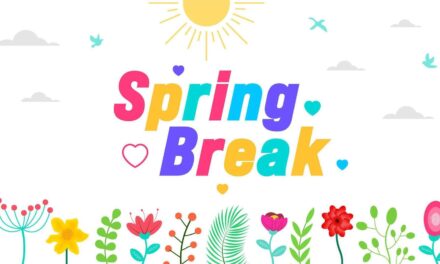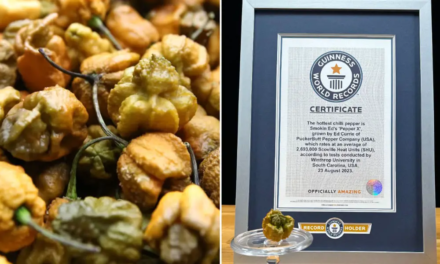
From Urns to Earthworms
The Rise of Human Composting in the US
In 2024, death got a makeover, swapping stuffy suits for sunshine and soil. Seven states – Washington, Colorado, Oregon, Vermont, California, New York, and most recently Nevada – waved goodbye to traditional goodbyes and said hello to human composting. It wasn’t your grandma’s funeral, that’s for sure. But hey, even earthworms deserve a chuckle, right?
Picture Martha, a nature enthusiast who spent her days hiking and whispering secrets to ancient trees. No surprise then that her final wish was to become part of the forest floor herself. Her family, initially apprehensive, found peace knowing Martha would nourish future ferns and towering redwoods. Imagine their tears drying in the morning mist as a young oak, sprouted from Martha’s soil, stretched its branches towards the sky.
Not everyone embraced the earthy exit with such arboreal enthusiasm. There was Harold, the history buff, who yearned for a stone sarcophagus worthy of an Egyptian pharaoh. No worries, even composting can bend to tradition. A sleek, sustainable urn crafted from recycled granite nestled seamlessly in a fragrant wildflower garden dedicated to Harold’s memory. He might not be pushing daisies, but his spirit was definitely giving them a good talking-to about ancient Rome.
And then there was Brenda, the adventurer with a mischievous glint in her eye. Her will? A cryptic riddle leading to her composted remains, sprinkled across her favorite mountain trail. Imagine the bewildered backpackers deciphering clues like “Follow the melody of the windchimes… and Grandma’s blueberry pancakes!” Brenda’s final prank, a guaranteed giggle echoing through the pines for years to come.
Of course, human composting wasn’t all butterflies and blooming wildflowers. Concerns about regulations and ethics sprouted like cautious seedlings. But amidst the debates, a quiet beauty blossomed. Families found solace knowing their loved ones were returning to the earth, not as ash or dust, but as life-giving soil. Communities sprouted around shared compost gardens, their grief mingling with the scent of ripening tomatoes and laughter shared over weeding sessions.
Human composting wasn’t the end, it was a transformation. A chance to give back to the earth, one nourishing cycle at a time. It wasn’t for everyone, but for those seeking a simpler, greener farewell, it offered a choice as unique as the fingerprint of the life it honored. So, the next time you ponder the inevitable dirt nap, remember, it doesn’t have to be a dreary affair. It can be a chance to bloom again, one zucchini, one shared memory, one recycled soul at a time. Just don’t forget the gardening gloves when you turn over your “Grandma-earth” in spring. Even worms appreciate a helping hand.
Angela Small
Radio Production Assistant















